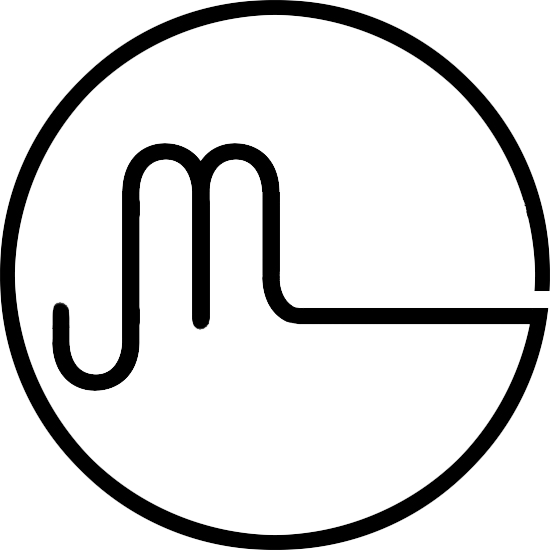
Osteopathy can help alleviate TMJ pain and symptoms of Bruxism
TMJ Pain & Bruxism
Pain in the jaw, face, or around the ears can often be traced back to issues within the temporomandibular joint (TMJ)—the complex hinge connecting your jaw to your skull. TMJ disorders can lead to a range of symptoms including jaw clicking, difficulty chewing, facial tension, headaches, neck pain, and even shoulder discomfort.
Bruxism, or teeth grinding—often occurring during sleep or times of stress—is closely linked with TMJ dysfunction. Over time, clenching and grinding can fatigue jaw muscles, compress the joint space, and exacerbate tension throughout the head and neck.
Osteopathy provides a gentle, whole-body approach to TMJ-related issues by assessing how jaw mechanics interact with the neck, shoulders, cranial bones, and posture. Through soft tissue release, joint articulation, and cranial techniques, osteopathy aims to restore balance to the musculoskeletal system, relieving strain and encouraging more fluid jaw movement.
Jo the Osteo has undertaken specific training in TMJ assessment and treatment, learning from a German-trained orthodontist with deep expertise in jaw dynamics, as well as from a fellow osteopath who specialises in cranial and TMJ disorders. This advanced training supports a more targeted, informed approach to jaw pain—especially when symptoms seem stubborn or overlap with headaches, neck pain, or dental concerns.
TMJ dysfunction is often part of a wider pattern of muscular or postural imbalance. Osteopathy not only addresses the symptoms but also explores contributing factors—such as bite issues, upper neck tension, breathing patterns, or stress—to help guide a more lasting resolution.
